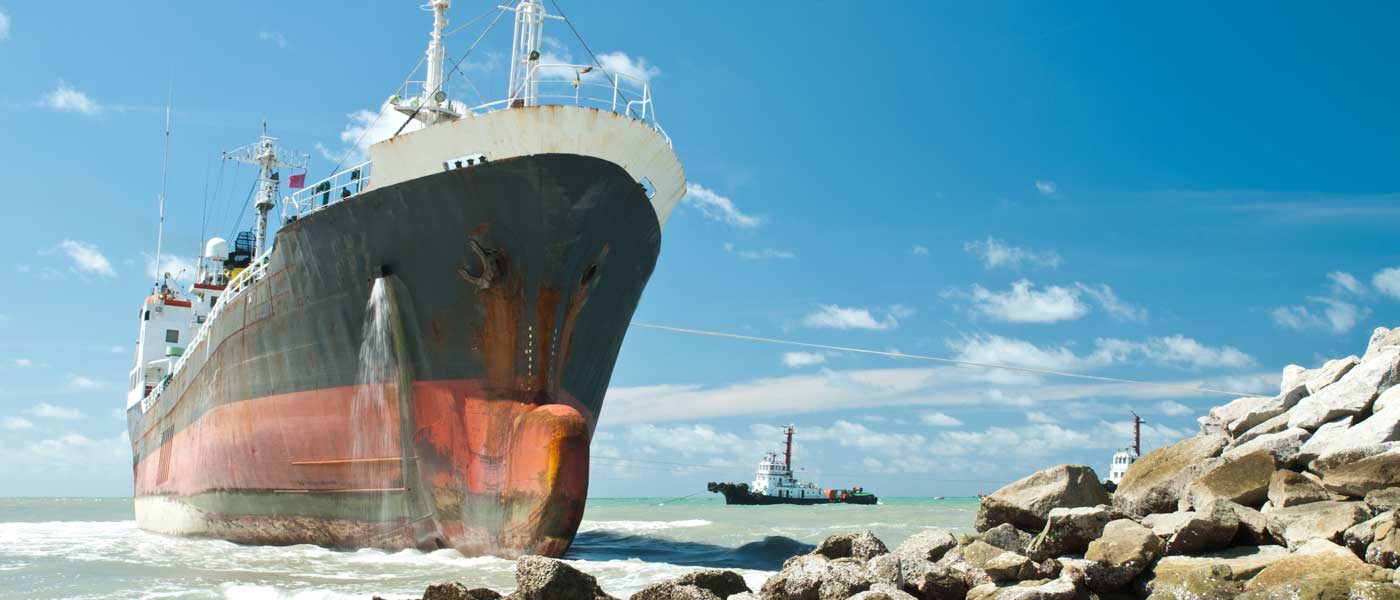Navigating General Average: Understanding Risks and Safeguards in Maritime Ventures
- April 18, 2024
- Blog
General Average (GA), a cornerstone of maritime law, traces its origins back thousands of years, embodying the principle of shared responsibility amidst perilous voyages. All interested parties to a ‘maritime venture’ (or ‘voyage’ in modern parlance) share proportionally in any losses or expenses that result when a vessel decides to voluntarily sacrifice some minority of cargo to save the majority in an emergency. In this case, those cargo owners whose goods were saved are required to proportionally bear the resulting losses and associated expenses of damage to the vessel and those whose cargoes were lost. Despite its significance, many shippers and consignees may not be fully cognizant of the fact that when they entrust cargo to an ocean carrier, they are tacitly agreeing to share in the risks associated with that voyage.
 Recent maritime incidents, such as the Hanjin Osaka explosion and Ever Given’s Suez Canal blockage, have underscored the relevance of the General Average in contemporary shipping. And, the breaking news this week is that in the aftermath of the M/V Dali collision with the Francis Scott Key Bridge at the mouth of the Patapsco River, her owners have declared a General Average. Amidst the complexities of General Average declarations, one critical aspect that cannot be overlooked is marine cargo insurance.
Recent maritime incidents, such as the Hanjin Osaka explosion and Ever Given’s Suez Canal blockage, have underscored the relevance of the General Average in contemporary shipping. And, the breaking news this week is that in the aftermath of the M/V Dali collision with the Francis Scott Key Bridge at the mouth of the Patapsco River, her owners have declared a General Average. Amidst the complexities of General Average declarations, one critical aspect that cannot be overlooked is marine cargo insurance.
Marine cargo insurance serves as a vital safeguard in multiple scenarios, shielding stakeholders from potentially crippling financial liabilities. From damage to the cargo itself due to poor handling, to the General Average, and even in the scenario of total loss of the cargo due to jettison or sinking of the conveying vessel, marine cargo insurance is a must for any beneficial cargo owners participating in international freight. Without it, shippers and consignees could face exorbitant bills, particularly in the event of a General Average declaration. By mitigating the financial impact of unforeseen events, cargo insurance ensures less exposure if something outside of a cargo owner’s control goes wrong.
General Average declarations, while rare, remain a real possibility on the high seas today. The principle of General Average underscores the collective responsibility inherent in maritime ventures – a responsibility that many shippers and consignees today may not realise that they share. By contrast, marine cargo insurance is a crucial safety net, offering peace of mind and financial security to stakeholders.
In conclusion, whenever you are contemplating sending cargo by ship, plane, rail or road, consider the very real risks that may extend beyond the value of the cargo itself, and have a word with a qualified marine cargo insurer to see what options are available to you.
*This post is for educational purposes only and is not an invitation or solicitation to enter into a marine insurance policy. 20Cube is not licensed to provide financial advice. Please speak to a qualified and licensed marine insurer. The types and extent of coverage available are complex and require professional advice specific to your individual circumstances.



